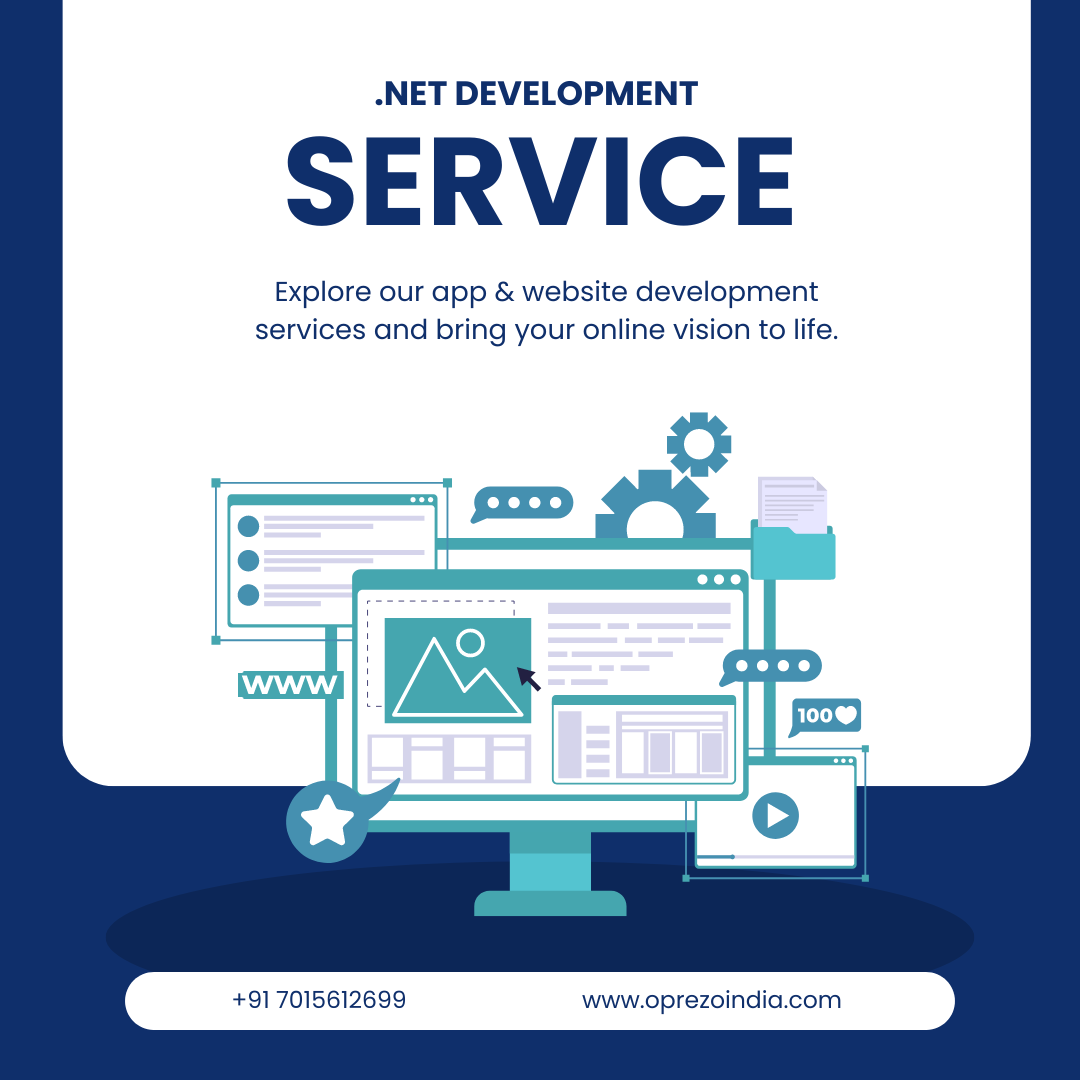In the realm of software development, .NET stands as a formidable framework, renowned for its versatility and powerful features. However, a common query among developers and those new to the field is whether .NET is a backend or frontend technology. To address this question comprehensively, we must delve into the intricacies of .NET, examining its components, capabilities, and applications in both backend and frontend development.

• Performance: ASP.NET Core is known for its superior performance, which is crucial for backend operations that require efficient handling of requests and responses.
• Security: Built-in features such as authentication, authorization, and data protection ensure robust security for backend applications.
• Data Access: EF Core supports a wide range of databases, including SQL Server, MySQL, PostgreSQL, and SQLite, making it a versatile choice for backend development.
• Migrations: It allows seamless database schema updates through migrations, ensuring that the database stays in sync with the application's data model.
• LINQ: Developers can use Language Integrated Query (LINQ) to write expressive and efficient database queries.
• Blazor Server: Runs the application on the server and interacts with the client via SignalR. It offers fast load times and works well for applications with complex UI interactions.
• Blazor WebAssembly: Runs the application directly in the browser using WebAssembly. This model allows for a true single-page application (SPA) experience, providing a rich and interactive frontend.
• Model-View-Controller (MVC): Separates application logic, user interface, and input control, allowing for more organized and maintainable code.
• Razor Pages: Simplifies the development of page-focused scenarios, making it easier to build web applications with minimal setup.
• Complex Business Logic: If your application requires robust server-side processing, such as financial transactions, inventory management, or data analytics, .NET is an excellent choice.
• High Performance and Scalability: For applications that need to handle a large number of concurrent users and require efficient resource management, ASP.NET Core provides the necessary performance and scalability.
• Cross-Platform Support: When targeting multiple operating systems, .NET Core ensures that your backend can run seamlessly on different environments.
• Single Language Across Stack: Using Blazor, you can write both frontend and backend code in C#, streamlining development and reducing the need for multiple programming languages.
• Rich Interactive Web Applications: For building SPAs with rich, interactive user interfaces, Blazor WebAssembly offers a compelling alternative to traditional JavaScript frameworks.
• Server-Rendered Pages: If your application benefits from server-rendered content, ASP.NET Core MVC and Razor Pages provide an integrated approach to developing both the frontend and backend.
Conclusion
In conclusion, .NET is a versatile and powerful platform that can be used for both backend and frontend development. Its comprehensive toolset, combined with modern frameworks like ASP.NET Core and Blazor, makes it an ideal choice for building a wide range of applications. Whether you are developing complex server-side logic or interactive clientside interfaces, .NET provides the capabilities and performance needed to create highquality software solutions.

As a Top IT Company in Delhi our major objective is to formulate strategies that enable us to perform & enrich our quality each day eventually matching the quality expectations & standards of customers across the globe
Client centric methodologies
100% confidential discussions.
Emphasis on innovation and research
Flexible Engagement Models.
24*7 Support for all time zones.
Enticing infrastructure
On Time Project Delivery
Trusted Technology Partner